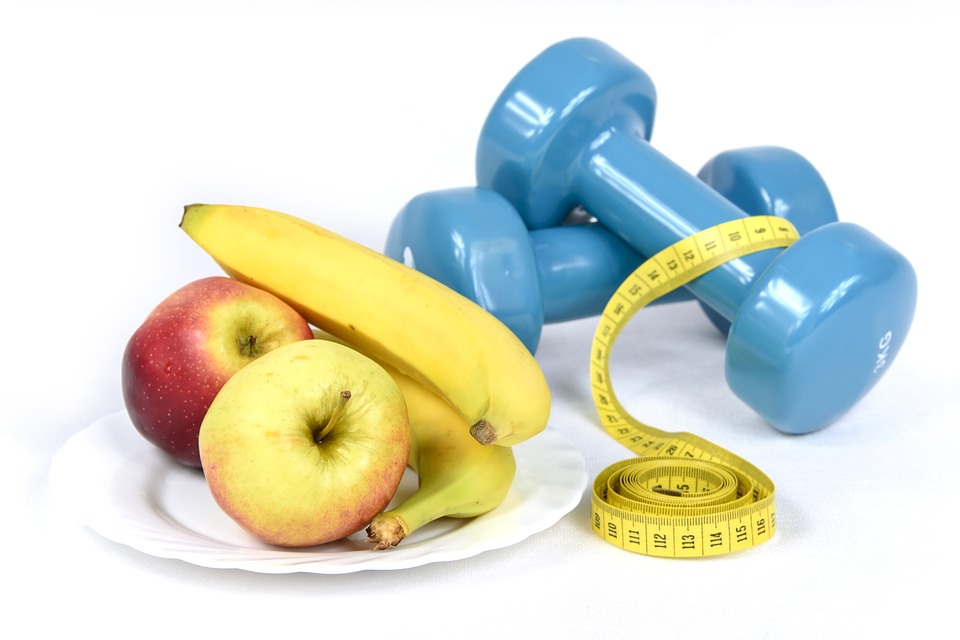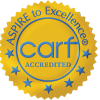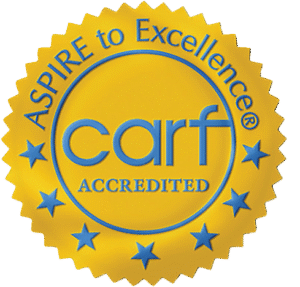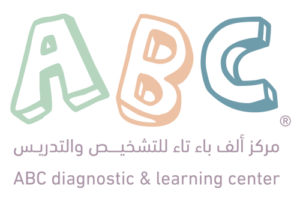If you hear people say ADD instead of ADHD, it may not be clear what they mean or what the difference is. That’s because ADD is an old term. For many years, ADD was used to describe a type of ADHD. But it hasn’t been an actual diagnosis for decades.
ADD VS. ADHD: What’s the Difference?
While many people continue to use the terms ADD (Attention Deficit Disorder) and ADHD (Attention-Deficit Hyperactivity Disorder) interchangeably, it is important to recognize that they are not the same. Here are some key points to be aware of:
- ADD is an older term for what is now known as the inattentive type of ADHD. The term ADHD has been used to describe both inattentive and hyperactive types since the mid-1990s.
- However, some people continue to use the term ADD as a way to indicate that the condition does not include hyperactivity as a symptom.
- The DSM-5 currently recognizes three subtypes of ADHD: inattentive type, hyperactive/impulsive type, and combined type.
The difference between the terms ADD and ADHD has to do with symptoms. ADHD has three main symptoms:

- Inattention.
- Hyperactivity.
- Impulsivity.
Learn more about Hyperactivity and how to cope with it.
While the term ADD is technically outdated, it is still sometimes used colloquially to refer to someone who has difficulty staying focused but does not experience symptoms of hyperactivity.
Most people with ADHD struggle in all three areas. But some mainly have trouble with attention or focus. Before 1994, they would have been diagnosed with ADD (attention-deficit disorder). Today, the formal diagnosis is ADHD, Predominantly Inattentive Type.
There are other terms people use to refer to this type of ADHD. You might hear:
- ADHD without hyperactivity.
- ADHD, Inattentive Type.
- Inattentive ADHD.
All of these terms mean the same thing — ADHD when the main symptom is inattention.
Learn more about the symptoms of this type of ADHD.
Treatment
There is no cure for ADHD, but treatment can help children manage their symptoms and improve daily functioning. Treatment for ADHD often involves medications, behavioral interventions, or a combination of the two. The type of treatment chosen depends on the child’s symptoms and needs.
Follow these tips to help your child:

Parents can encourage and help children by:
- setting and following a routine.
- creating a quiet space.
- keeping the home organized, as a good example.
- giving plenty of praise.
- cutting unnecessary tasks out of the weekly program.
- finding activities and hobbies that suit their activity levels and interests.
- helping them to make and follow a schedule and lists of things to remember.
- allowing plenty of time to complete tasks.

Other lifestyle measures that can help include:
- eating a balanced, healthful diet.
- getting plenty of exercise.
- establishing good sleeping practices.
- co-ordinating with the school, if the condition affects a child.
If you think that your child may have ADD, it is important to talk to your child’s doctor. Effective treatments are available that can help kids who struggle with inattention. ABC can help you in early intervention that can prevent the disorder from taking a detrimental toll on a child’s life.
Some parents fear that if they have their child evaluated for ADHD, they will be stigmatized. It’s important to talk to your child so that they know that everyone has different skills and abilities. By getting treatment, you can help your child develop new skills and ways of coping with their symptoms.








